The Books the Taliban Doesn’t Want Read
They banned "The Kite Runner," "Sapiens," and "Brave, Not Perfect." One young couple sells them anyway.
*Middle East Uncovered uses pseudonyms to protect our sources in Afghanistan.
KABUL, Afghanistan — By the time Valentine’s Day approached this year, the streets of Kabul’s once-bustling Shar-e-Now district stood silent. Where red roses once changed hands, dull winter air settled over shuttered shops, and passersby exchanged cautious glances. Among them, Mohammad*, a 25-year-old law graduate-turned-taxi driver, slowed his vehicle at a Taliban checkpoint. A militant nodded toward the trunk. Mohammad opened it, revealing no passengers, just neatly packaged boxes from his wife’s online bookstore. “It’s her birthday,” he lied, attempting to deflect suspicion.
But the Taliban officers were not convinced. They suspected Mohammad of transporting forbidden goods: not contraband in the traditional sense, but banned books. Under the Taliban’s increasingly draconian censorship regime, an official list of prohibited titles is being discreetly disseminated to booksellers. However, the message is clear: there will be consequences if you sell or distribute any of the listed works.
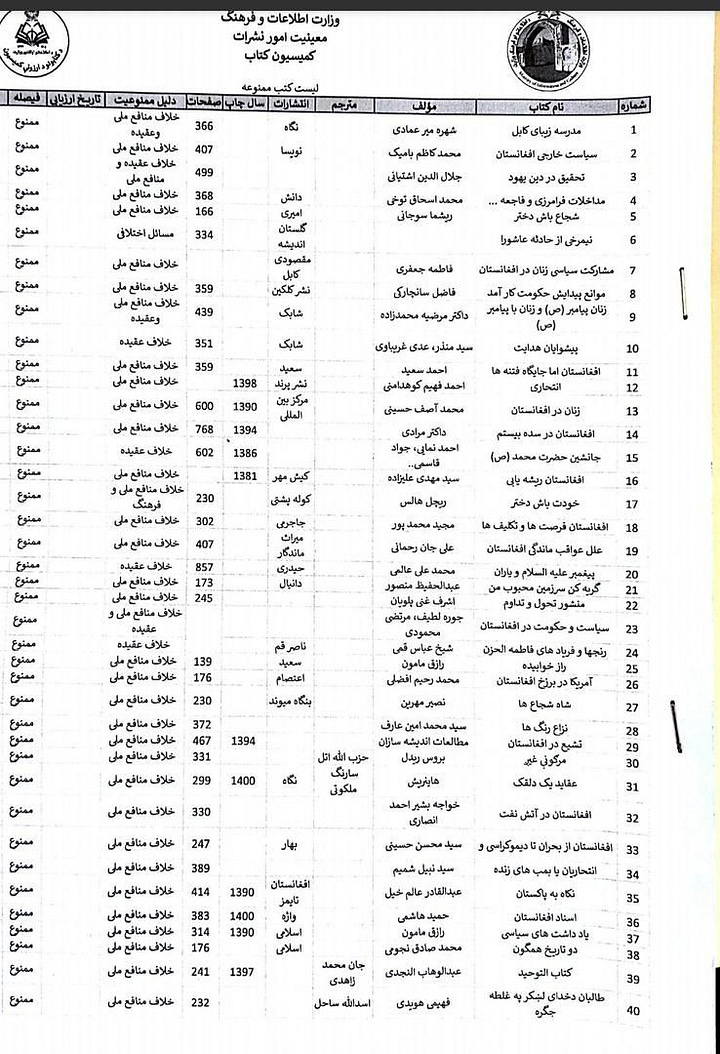
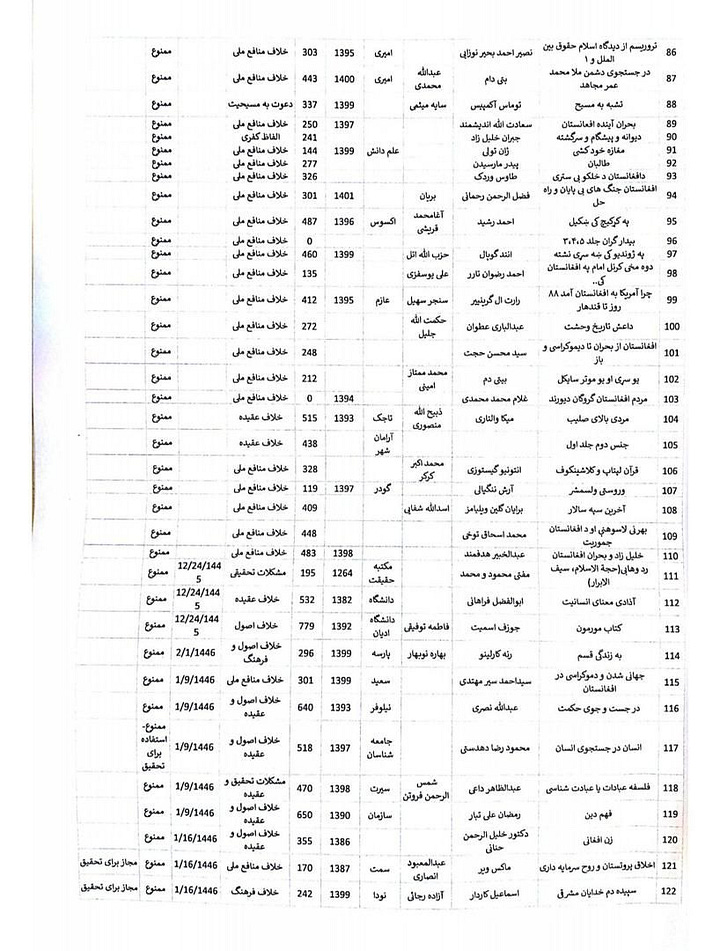
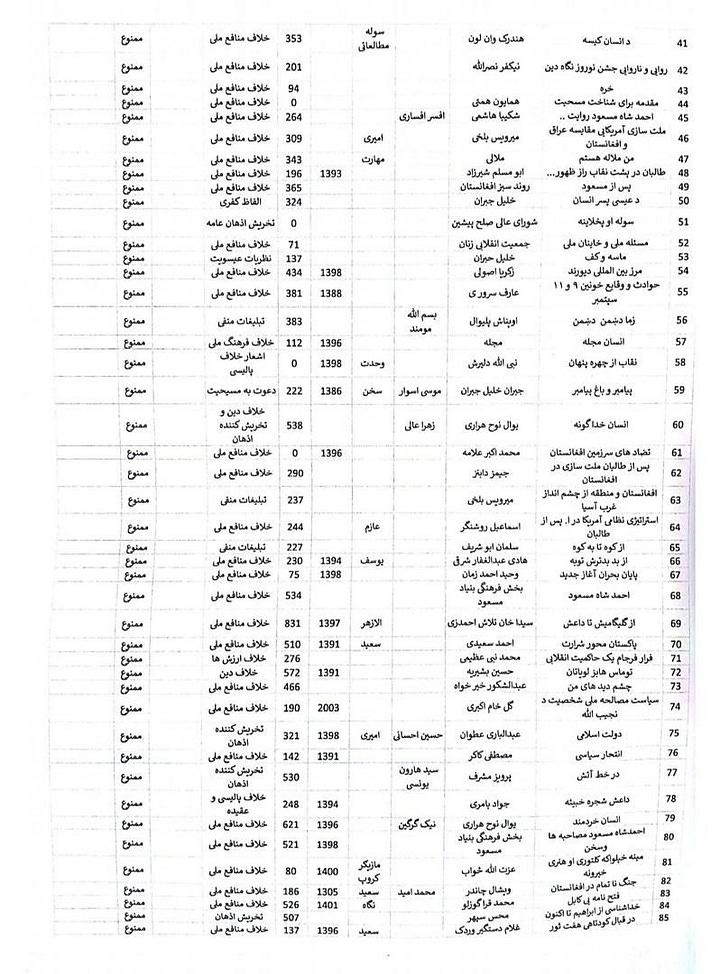
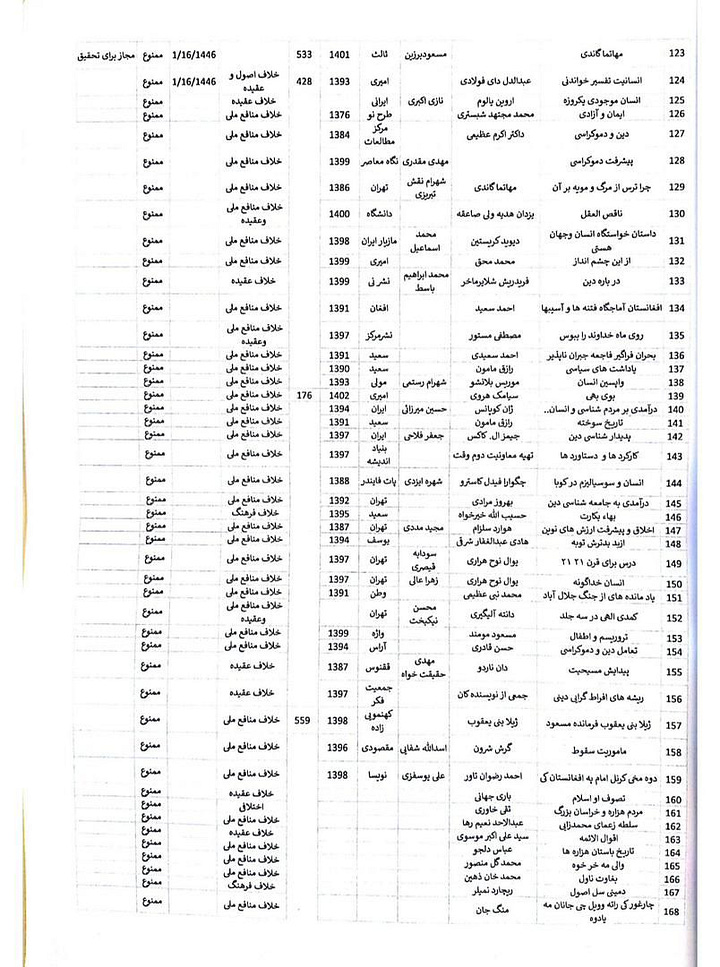
Mohammad’s packages were seized, and he was detained and questioned. He was eventually released, but the books—destined for paying customers—were never returned.
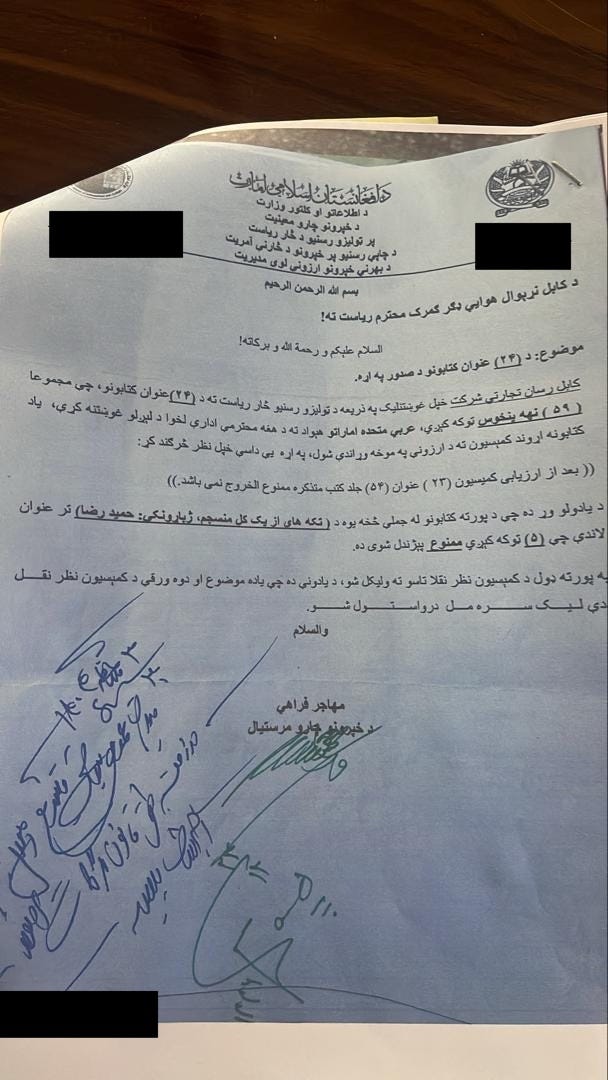
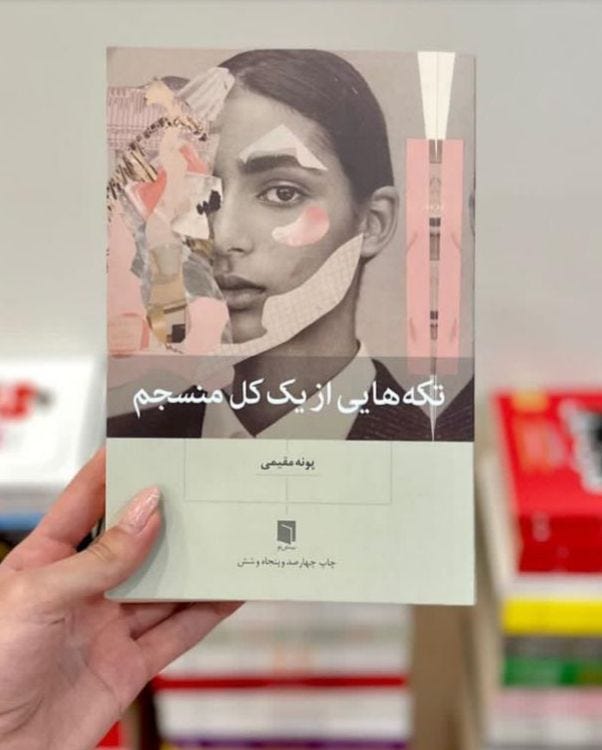
This was not the couple’s first encounter with the Taliban. Mohammad’s wife, Needa*, 24, had been in her final year of a computer science degree when the Taliban barred women from higher education. Stripped of her academic future, she turned to entrepreneurship. Together, the newlyweds rented a shop in Kabul’s Kart-e-Char book market and began selling both imported and domestic titles. But their brief foray into retail met a swift and chilling response.
“First of all, you are not allowed to work as a bookseller,” one Taliban officer told Needa when he and two others appeared at the store. “No matter if this is your shop or not.” They demanded to know who funded the business—implying foreign backing—and when the couple refused to pay a bribe, the officials rifled through their inventory. Books with images of humans or animals were confiscated, along with volumes by historical or political authors.
Faced with growing harassment, Needa and Mohammad shuttered their storefront and shifted to online operations, where they could vet customers and sell discreetly. “Those in our small community can still access some of the banned titles,” Needa explained. Yet even digital commerce is no guarantee of safety. One book with a female figure on its cover was flagged by Taliban customs agents in Kabul, then seized again in Dubai—suggesting the Taliban’s influence may extend beyond Afghanistan’s borders.
By October 2024, the Taliban formalized its censorship with an official list: over 400 titles to be banned nationwide. The edict included works by global bestsellers like Yuval Noah Harari and Khaled Hosseini, as well as Brave, Not Perfect by Reshma Saujani. The American author and activist was unsurprised. “Any regime that fears girls with books knows its power is paper-thin,” Saujani told Middle East Uncovered. “In Afghanistan, girls aren’t even allowed to walk into a library.”
The Taliban’s Ministry of Culture and Information labeled many books, including some Islamic texts, as “against national interests” or “against religion.” Ironically, even moderate Islamic scholars such as Iran’s Abdul Karim Soroush found their writings blacklisted. More than 50,000 books have reportedly been seized from Herat Province alone. Bookstores were often forced to fill their shelves with government-sanctioned religious texts, usually Qurans printed by Taliban-controlled presses.
The economic toll has been devastating. Publishers receive no compensation for confiscated inventory, and customs agents frequently destroy shipments of books containing illustrations. Titles imported from neighboring Iran are especially targeted. Domestic publishers, under pressure to reduce costs, have resorted to omitting entire chapters. “Some of the local books are incomplete,” Needa noted. “They change the meaning entirely.”
The Taliban’s literary purge is part of a broader strategy of information control. Social media platforms like TikTok have already been banned. Independent news outlets have been replaced or hollowed out, reduced to parroting approved talking points. The goal is not simply to limit dissent—it is to erase alternative narratives altogether. Books about the Mujahideen resistance, critiques of suicide bombing tactics, and biographies of slain commander Ahmad Shah Massoud are now all outlawed. In their place, a monolithic vision of Afghan identity and Islamic doctrine is imposed by decree.
Despite the risks, Needa continues her work. “More than 80% of my customers are women and girls,” she said. Self-help books, entrepreneurship guides, and texts on psychology remain particularly popular. The demand for knowledge remains, even as the avenues for accessing it shrink.
What’s unfolding in Afghanistan is not just about books. It’s a war on memory, imagination, and the possibility of an open society. Where bookstores once offered The Kite Runner, Sapiens, and The Divine Comedy, today’s shelves groan under the weight of ideological uniformity. For the next generation of Afghans—especially those without digital access—the cost of this intellectual blackout could last a lifetime.
The Taliban has made its position clear: dissenting ideas have no place in Afghanistan. But as Sahar’s customers continue to seek out the forbidden, they remind us that stories still matter. That every banned page that finds a reader in Kabul today is part of a much older truth: ideas are harder to kill than those who fear them.
Middle East Uncovered is powered by Ideas Beyond Borders. The views expressed in Middle East Uncovered are those of the authors and do not necessarily reflect the views of Ideas Beyond Borders.





My brave and successful girl,💗
I don’t know what words to use to describe your courage, worth, and talent.
You deserve the best, and I know you will achieve the best because even in the hardest times, you never gave up.
You stood strong against those who tried to block your path to knowledge and education.
I am proud of you from the bottom of my heart, and I’m truly grateful to have a friend like you.